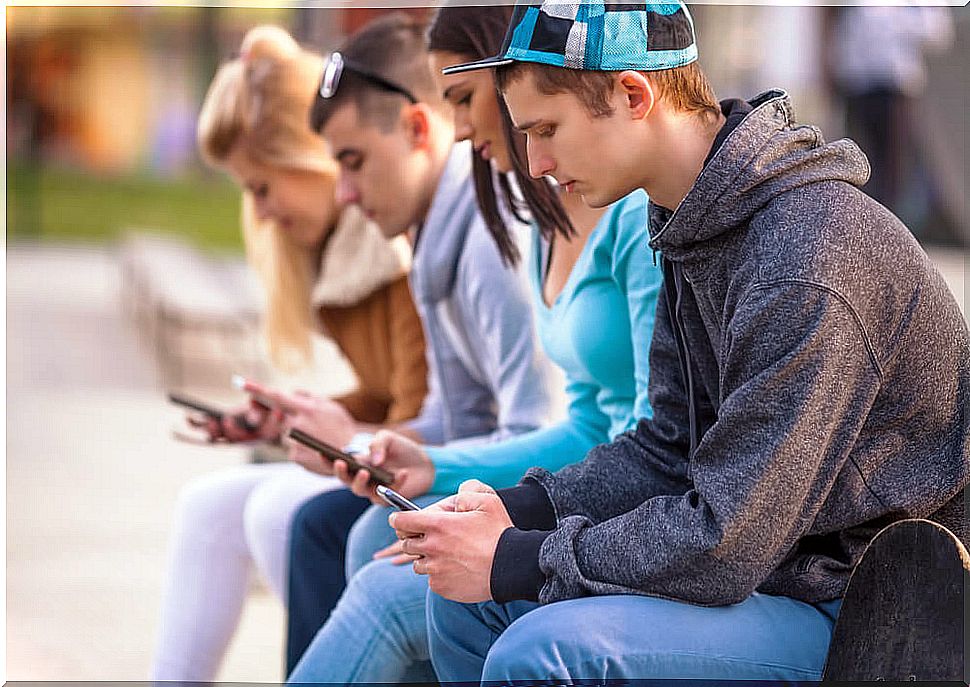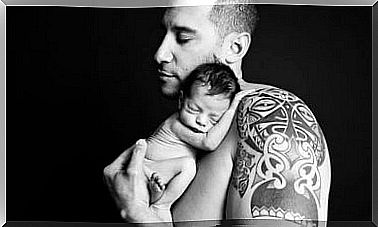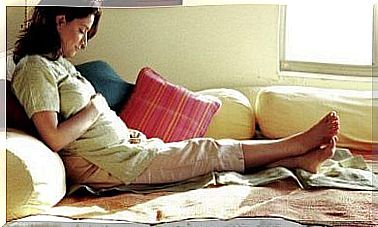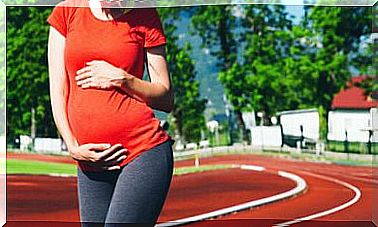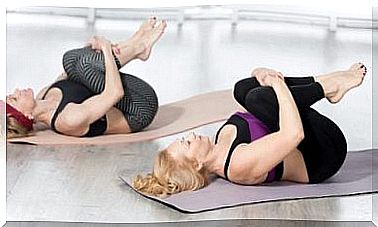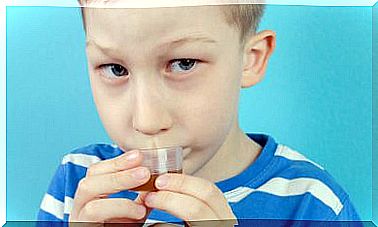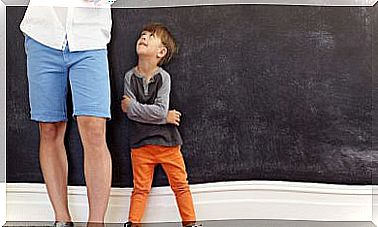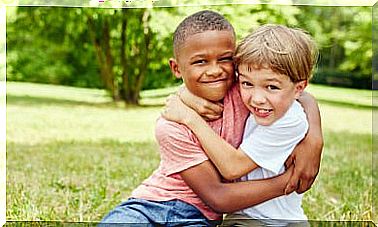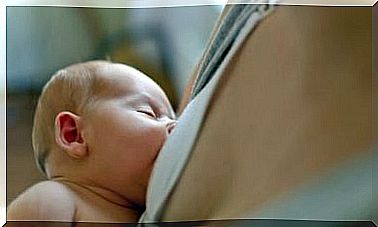Leisure Pedagogy
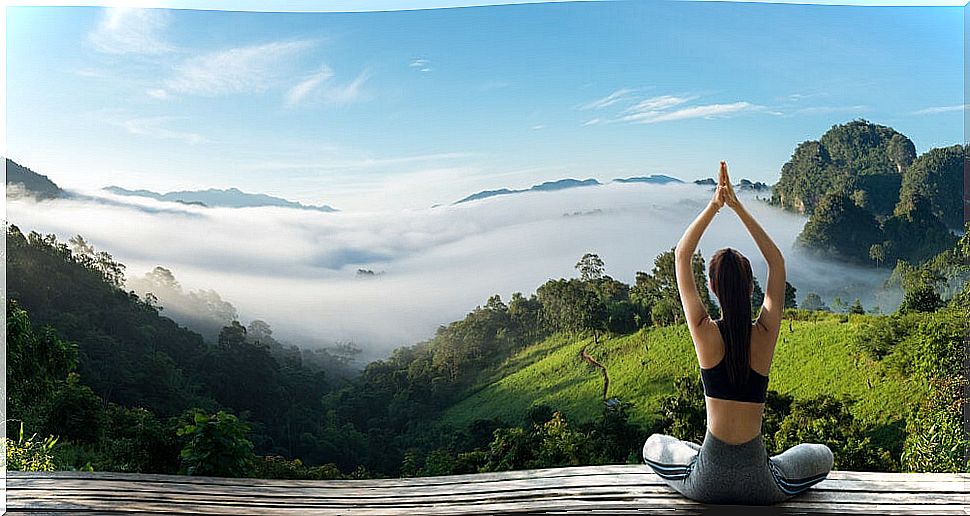
The leisure pedagogy aims to educate in, of, and for free time, considering that not all the free time we have, outside of strict working hours, is leisure time. There is a time in our life that must be invested in satisfying biological needs, travel, household and family tasks, or administrative needs.
Outside of this time allocated to work time and other needs and obligations, the rest of the free time that people have should be considered as time of special value. For which, an education that teaches how to make a satisfactory use of it is necessary.
Leisure pedagogy: what does it consist of?
Leisure pedagogy consists of a branch of pedagogy in charge of studying people’s leisure and free time. Its objective is to teach and direct individuals to engage in profitable, fruitful, and beneficial occupations and activities in their spare time.
According to Pérez Serrano (1988), “the education of free time is a liberation process that leads the person to an open, free and committed attitude to the construction of their reality . ” The author maintains that the purpose of free time is freedom, and the objective of free time education is not to carry out training activities that occupy our time, but to enhance what is educational in leisure.
Specifically, the International Charter for Leisure Education (1993), alluding to school educational contexts, proposes including subjects that are appropriate and relevant for the study of leisure. As well as promoting the incorporation of the theme of leisure in all educational and cultural activities inside and outside the school.
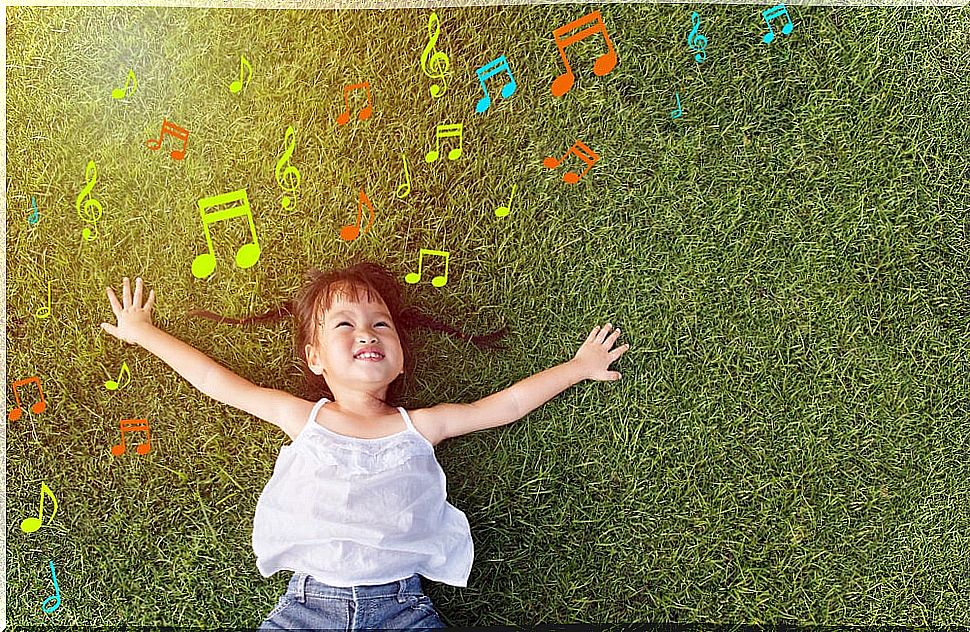
Pedagogy for leisure as a development process
In today’s society, and thanks to technology, a great industry has been built around leisure and free time. Offers and advertisements abound whose primary objective is consumption and economic benefits, and not the consideration of free time as a source of development.
The pedagogy of leisure seeks precisely the opposite: to educate so that people conceive our free time as a valid time to enjoy a conscious leisure that is important for our well-being.
In this sense, Westland (1987), cited by Mendo (2000), explains the why, what and how an education for leisure should be.
- The why : in this sense, ‘ being’ is more important than ‘ appearing’; ‘ create’, more meaningful than ‘ consume’, and ‘ participate’, more important than ‘ see’ .
- What : People should learn what free time and leisure mean, and include it as a way of life.
- How : through education and from schools with specific pedagogical activities. Individuals need to be educated to understand the important role leisure time plays in our personal development.
Leisure activities and free time
There are certain criteria on which a leisure pedagogy is based regarding the consideration and planning of leisure activities and free time.
In the first place, this pedagogy tries to ensure that we can be critical of the wide range of leisure activities, being able to analyze and know how to choose what really interests us and brings us some benefit.
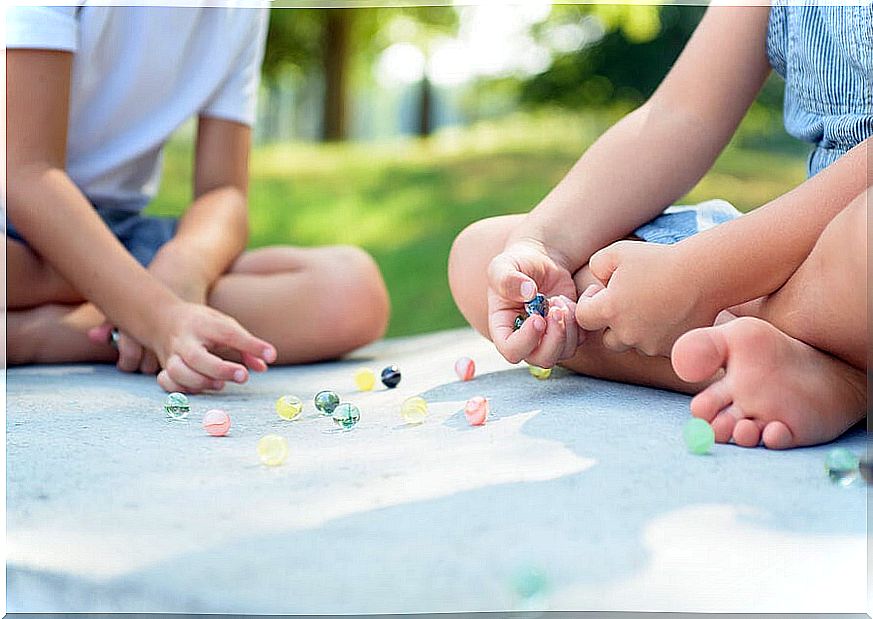
Second, the use of free time and the activities we choose to do should make us feel truly happy. Free time should act as compensation and balance, against the insufficiencies, frustrations, disappointments and exhaustion to which we are subjected in our ordinary lives.
Apart from the most widespread leisure offer such as travel, there is nowadays a great recreational offer. This is made up of various activities that have important educational and personal and social development factors. Such as local festivals, activities in nature such as camping or excursions, cinema and theater, sports, or association with recreational and recreational components.
Final thoughts
In short, the enjoyment of free time is directly related to health care. And it is precisely a leisure pedagogy that is responsible for making individuals recognize the need for optimal use of free time.
Beyond its connotation as time for fun and relaxation, a conscious use of free time allows new learning to be built. Learning that activates social participation, encourages creation, and helps prevent risky behaviors.
